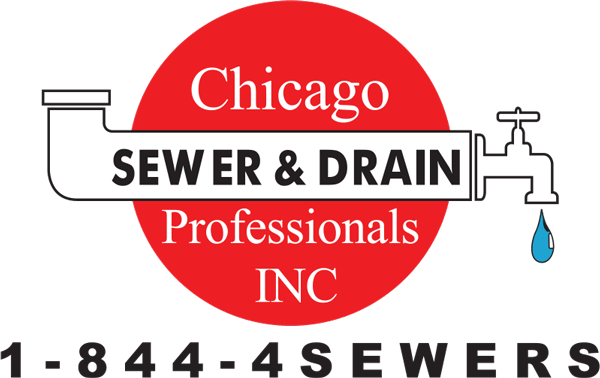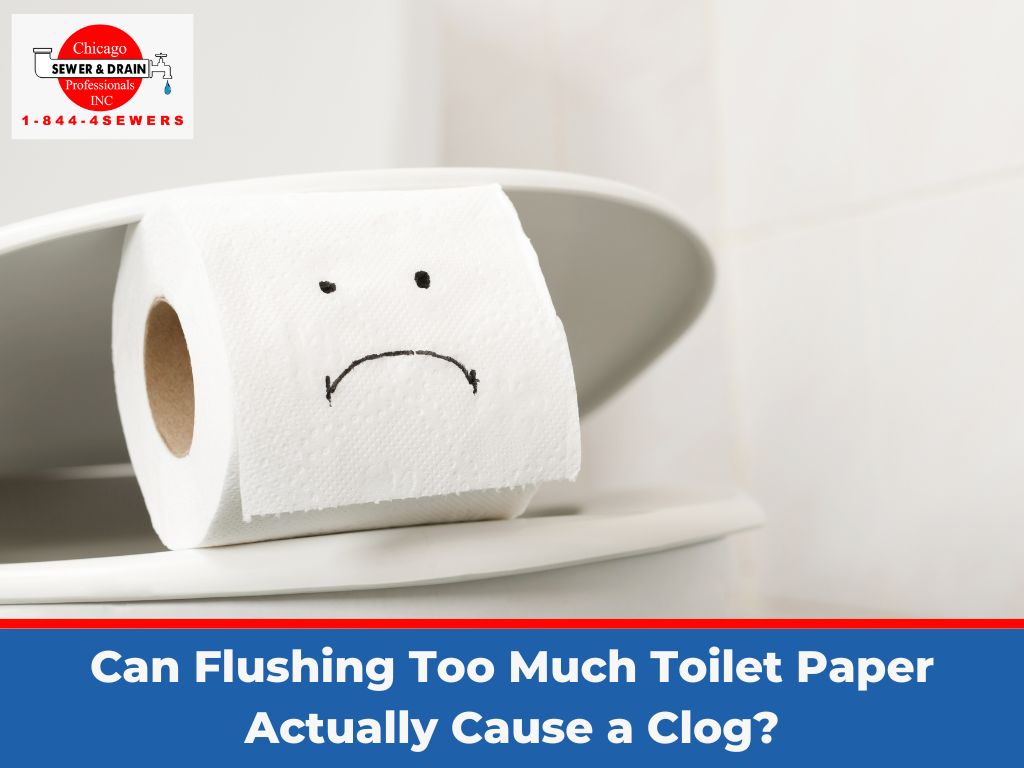How to Fix Your Clogged Underground Drain System
Table of Contents
Toggle
Although most homeowners rarely think about their underground drain pipe system, it plays a vital role in our everyday lives. From carrying wastewater away from our homes to preventing flooding and water damage, an underground drain system is an essential part of any property.
However, like any other system in our home, underground drain pipes can experience issues over time.
One of the most common problems is a clogged drain pipe, which can result in unpleasant odors, slow drainage, and even complete backup. If left untreated, it can lead to costly repairs and potential health hazards. Not to mention the inconvenience it can cause to your daily routine.
So, how can you fix a clogged underground drain system? Here’s what you need to know:
What Are the Common Causes of Clogged Underground Drain System?
Before diving into how to fix a clogged underground drainage pipe, it’s essential to understand its common causes. This will not only help you prevent clogs in the future but also determine the most effective solution for your specific situation.
Some of the most common causes of clogged underground drains include:
Tree Roots
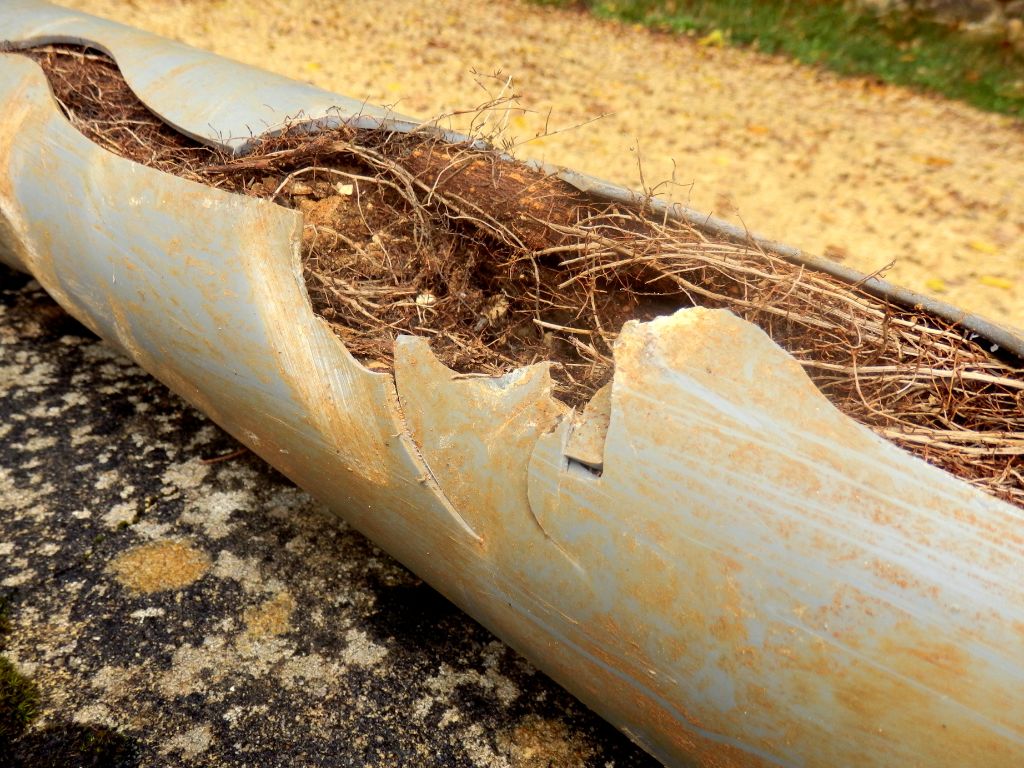
Trees are a beautiful addition to any property, but their roots can cause significant damage to underground drains. As they grow, tree roots can penetrate through small cracks or joints in the pipes, causing blockages.
Debris Buildup
Over time, debris, such as leaves, dirt, and grease, can accumulate inside the underground pipes, leading to clogs. This is especially common in older properties with an aging drainage system.
Flushing Inappropriate Items
Flushing items like paper towels, feminine hygiene products, and cooking grease can cause severe blockages in an underground drain. These items do not break down easily and can get stuck, causing obstructions.
Clogged Gutters
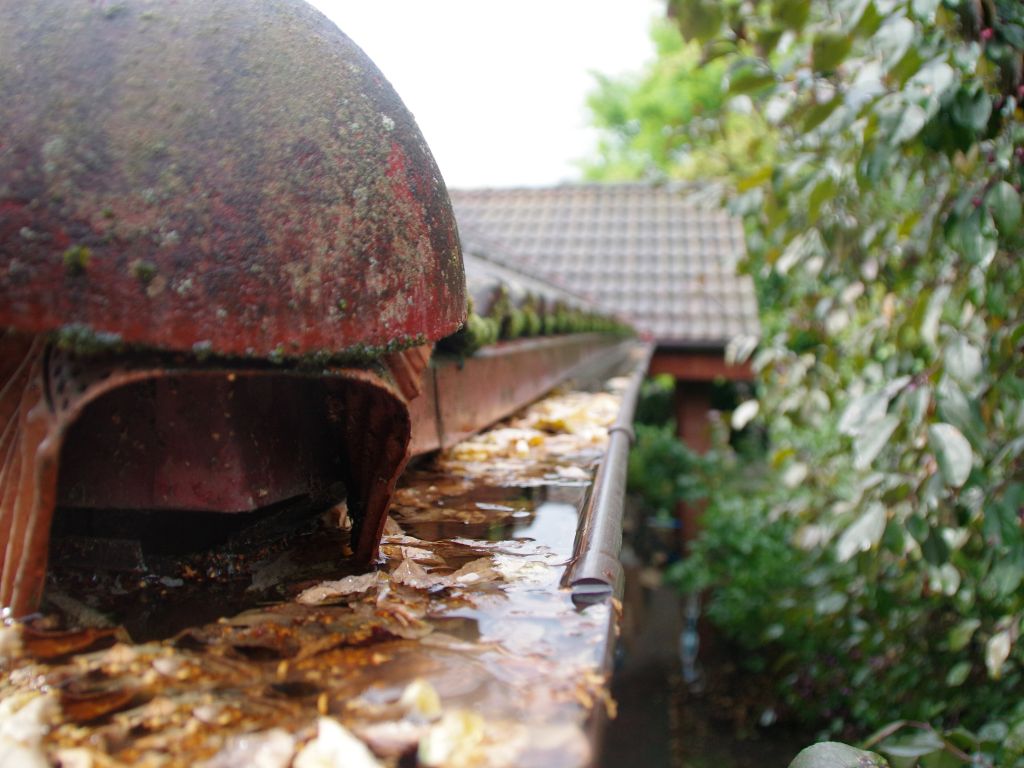
Your gutters are designed to carry rainwater away from your home’s foundation, but if they are clogged with debris, the water will back up and overflow. This excess water can seep into the ground and cause damage to your drain pipes.
Structural Damage
Underground pipes can also become clogged due to structural issues such as cracks, collapses, or misaligned joints. These problems can occur due to age, shifting soil, and other external factors.
These are just a few of the many potential causes of a clogged underground drain. Identifying the root cause of your drain clog is essential before attempting any DIY solutions.
How to Unclog an Underground Drain System?
Now that we’ve covered the common causes of clogged underground drains, let’s discuss how to fix them. Here are a few steps you can follow to unclog your underground drainage pipe system:
1. Identifying the Problem
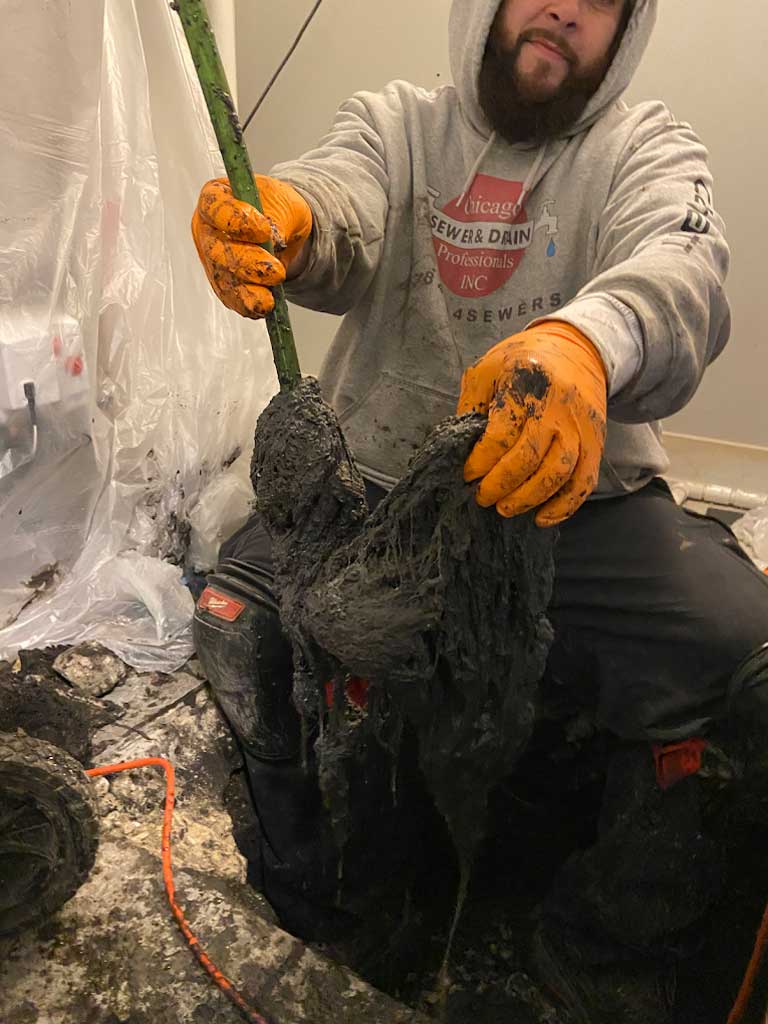
The first step in unclogging an underground drainage system is to determine the location and severity of the clog. If you notice water backup or slow drainage in multiple drains inside your property, the clog may be in the main sewer line. On the other hand, if only one toilet or sink is affected, the clog may be limited to that specific drain pipe and can be easily fixed.
A professional plumber can use specialized tools such as cameras and probes to identify the location and severity of the clog. This will help determine the best course of action to unclog drains.
2. DIY Methods for Unclogging Underground Drains
If the drain pipe clog is not severe, you may be able to unclog it yourself using some DIY methods. Here are a few techniques that can help:
- Plunger Method
One of the most common and effective ways to unclog drains is by using a plunger. You can use a regular plunger or a toilet plunger to help push out the clog from your drain.
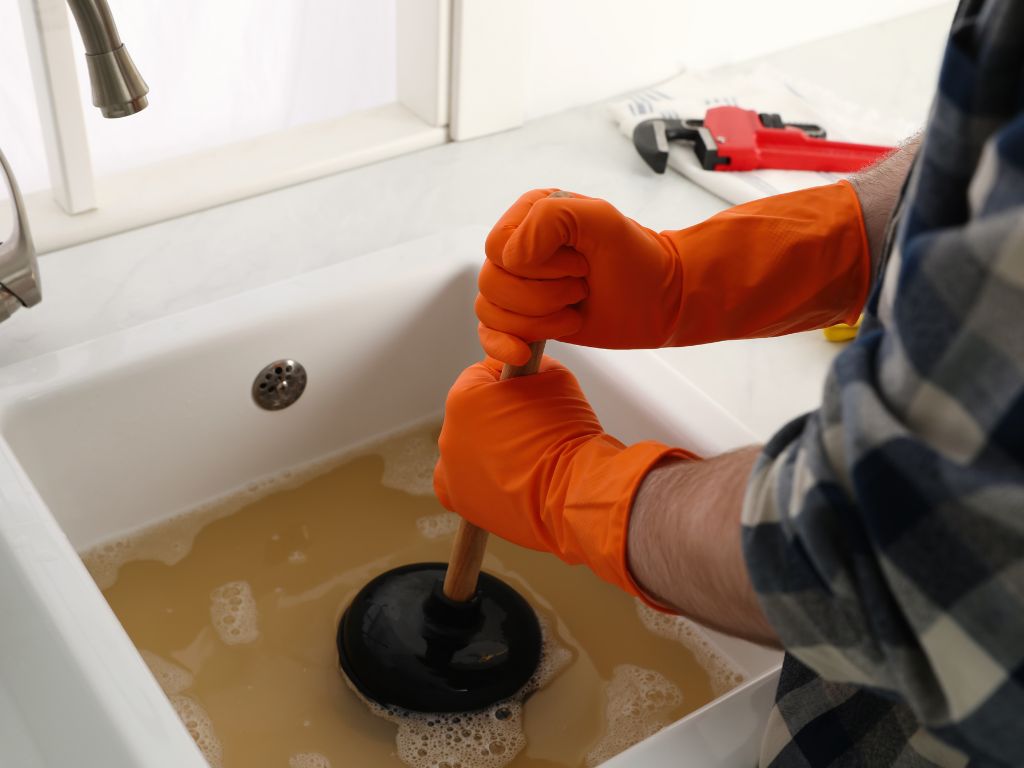
To use this method, place the plunger over the drain and push and pull vigorously to create suction. This movement will dislodge the clog and allow water to flow freely.
- Chemical Drain Cleaners
You can find various chemical cleaners in the market that are designed to dissolve and clear drain clogs. These cleaners contain powerful chemicals that can break down and remove hair, grease, and other debris from the pipes.
However, these cleaners can also be harsh and damaging to the pipes if not used correctly. It’s essential to carefully read the instructions and safety precautions before using them.
- Natural Remedies
You can also try using natural remedies to unclog underground drains. Baking soda and vinegar are two household items that can be used effectively for this purpose.
Mix equal parts of baking soda and vinegar and pour it down the drain. Let it sit for about an hour, then flush with hot water. This combination will create a chemical reaction that can help break down the clog.
- Powered Drain Snake
A powered drain snake is a tool that can be inserted into the pipes to break down and remove clogs. It works by spinning a long, flexible cable through the pipes and dislodging any debris or buildup in its path. This tool can be effective for smaller clogs in the main sewer line or individual drains.
However, this method may not be suitable for larger or more severe clogs. In those cases, it’s best to seek professional help.
3. When to Call a Professional?
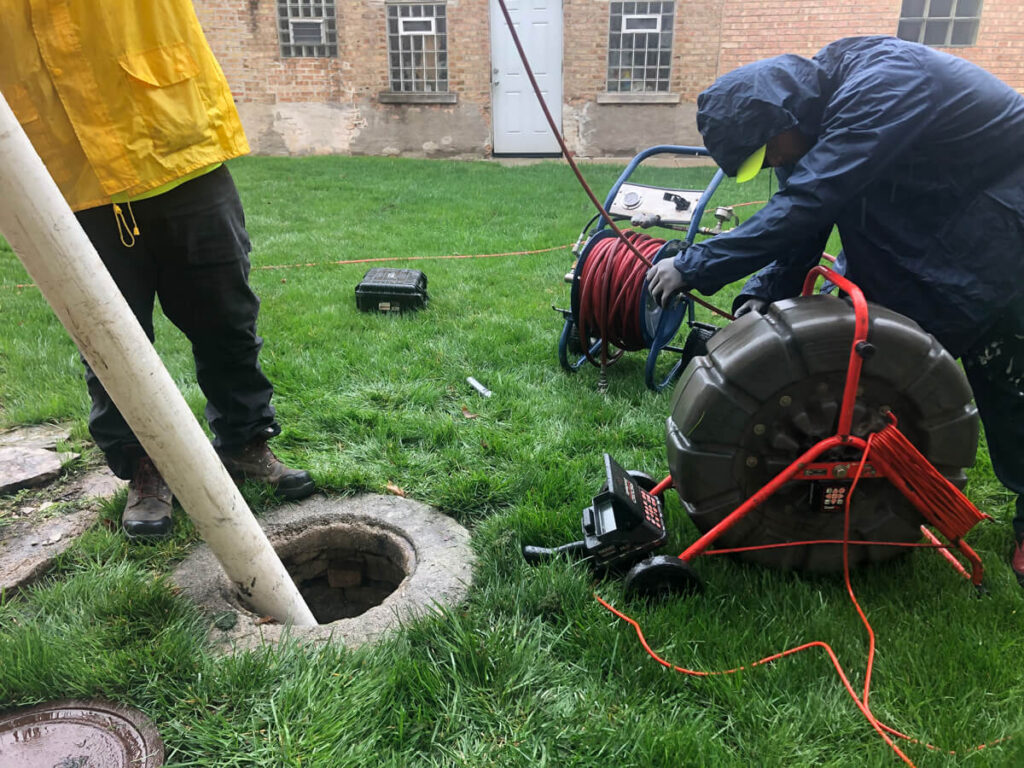
While there are various methods you can try to unclog an underground drain, sometimes the clog is too stubborn or complex for DIY solutions. In these cases, it’s best to call a professional plumbing service.
A plumber will have the proper tools and expertise to assess the situation and come up with the most effective solution. They may use a specialized camera to identify the exact location and cause of the clog, allowing them to address it efficiently.
Additionally, professional plumbers have access to powerful equipment that can clear even the toughest clogs without causing damage to your underground drain pipes. Hydro jetting, for example, uses high-pressure water to blast through clogs and clean out debris from the pipes. This method is highly effective and environmentally friendly.
In some cases, the clog may be caused by a more serious issue, such as tree root invasion or collapsed pipes. These require specialized knowledge and equipment to fix, making it even more crucial to call a professional.
How to Prevent Future Underground Drain Pipe Clogs?
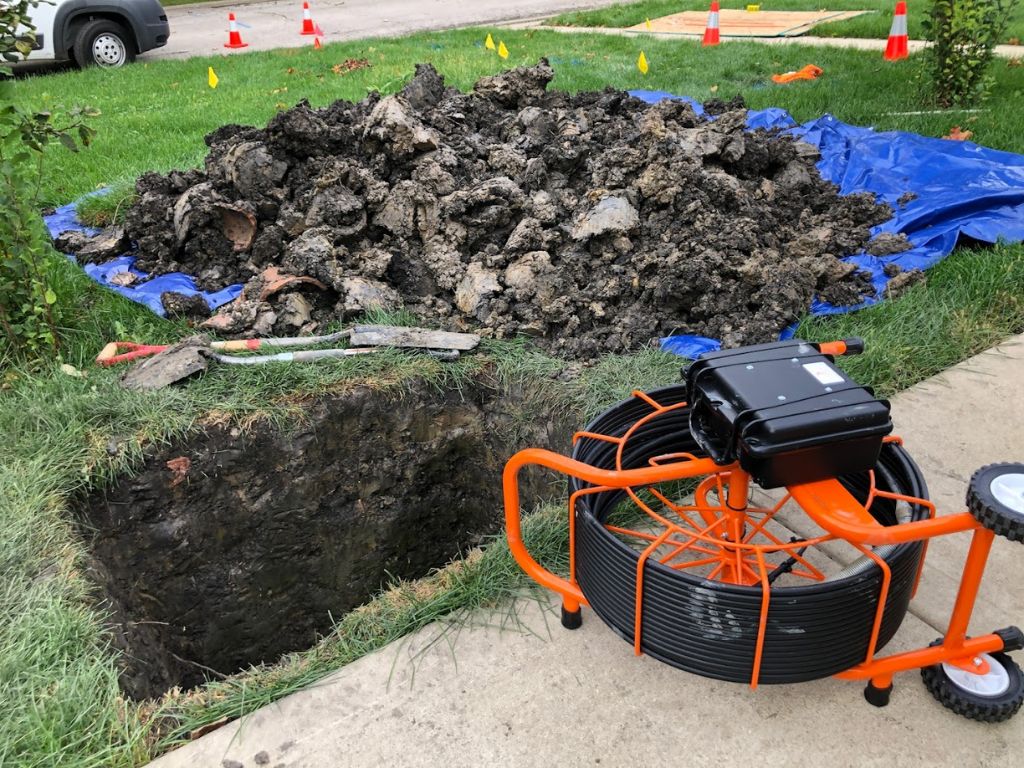
Clogged underground drain pipes can be a hassle to deal with, so it’s important to take preventive measures to avoid them in the future. Here are some tips:
- Regularly clean and maintain your drains: Removing any debris, hair, or buildup from the surface can prevent clogs from forming in the first place.
- Be mindful of what you flush down your drains: Avoid putting grease, oil, coffee grounds, or other non-water-soluble substances into your pipes. These can cause buildup and eventually lead to clogs.
- Install drain screens: These inexpensive mesh covers fit over your drains and catch debris before it goes down the pipes.
- Be cautious with landscaping: Avoid planting trees or shrubs near your underground drain pipes, as their roots can invade and damage them.
- Schedule regular inspections: Have a professional plumber inspect your underground drain pipes periodically to catch any potential issues before they become major problems.
By following these preventive measures, you can significantly reduce the chances of experiencing clogged underground drain pipes in the future.
Conclusion
As you can see, clogged underground drain pipes can be a major inconvenience. It’s important to understand the causes and signs of a clog, as well as how to fix it and prevent future occurrences. By following these tips and seeking professional help when needed, you can keep your underground drain pipes running smoothly and prevent any major headaches.
At Chicago Sewer & Drain Pros, we offer expert drain cleaning and maintenance services to keep your pipes free of clogs. Whether it’s a simple clog or a more complex issue, our team has the knowledge and tools to handle it.
Don’t let clogs disrupt your daily routine – contact us today for all your drain cleaning needs!
Frequently Asked Questions
How often should I have my underground gutter drains cleaned?
Look, there’s no magic number here. It really depends on your property. If you’ve got a lot of trees dropping leaves and debris, you’ll need it done more often, maybe even twice a year. For most folks, an annual cleaning is a good rule of thumb. But if you start noticing slow drainage or backups, don’t wait – get it checked out.
Can heavy rainfall cause problems with my underground gutter drain system?
A good downpour can put a serious strain on your system. If your drains are already partially clogged, that extra water can cause backups and even flooding. That’s why keeping them clean is so important. Think of it as insurance against those sudden storms.
What are the signs that my underground gutter drain is failing or damaged?
Keep an eye out for a few things. Puddles around your downspouts, water backing up into your gutters, or even damp spots in your yard can be red flags. If you smell something funky coming from your drains, that’s another bad sign. And if you see cracks or damage to your downspouts or drain outlets, you’ve definitely got a problem.
Are there different types of underground gutter drain systems?
Yeah, there are a few different setups. Some use solid pipes, others use perforated pipes, and some even use drainage trenches filled with gravel. The differences affect how well they handle water flow and debris. That’s why it’s crucial to have a pro take a look. They can figure out what kind of system you’ve got and what it needs to keep working right.
First published: January 10, 2024
Updated: Feb 10, 2025
